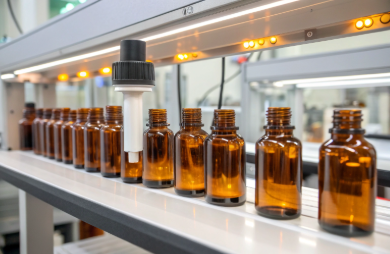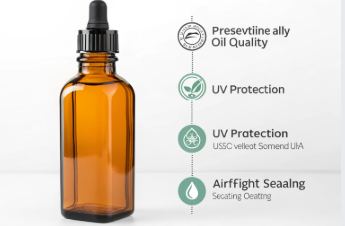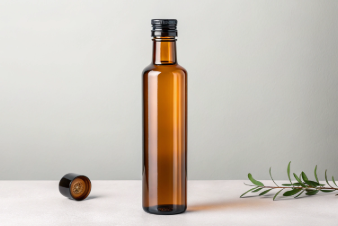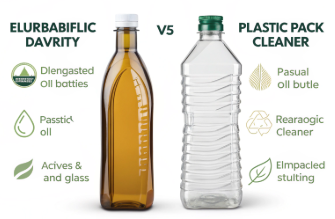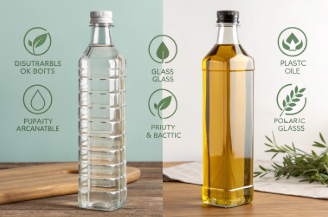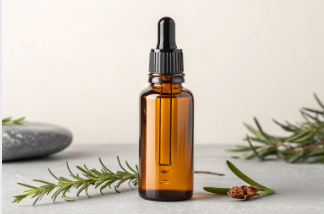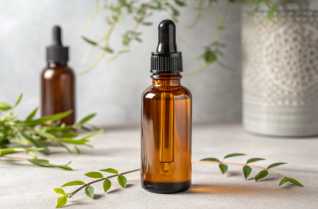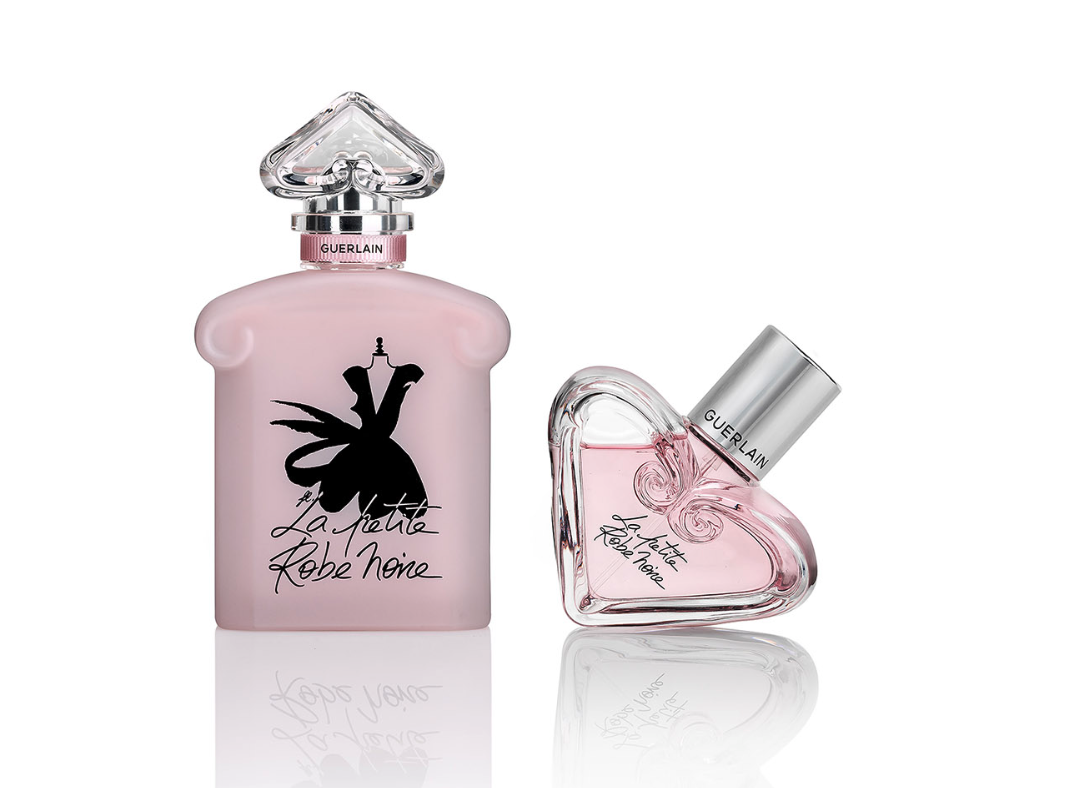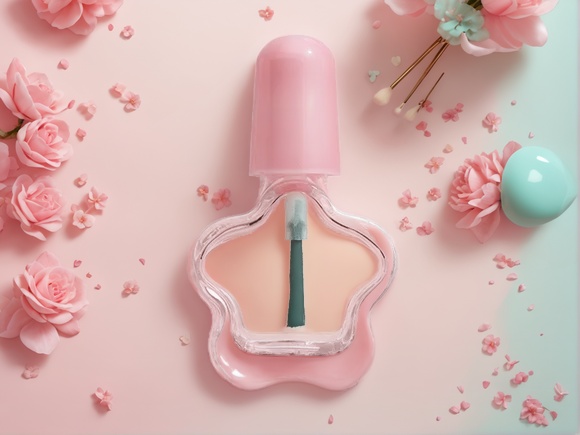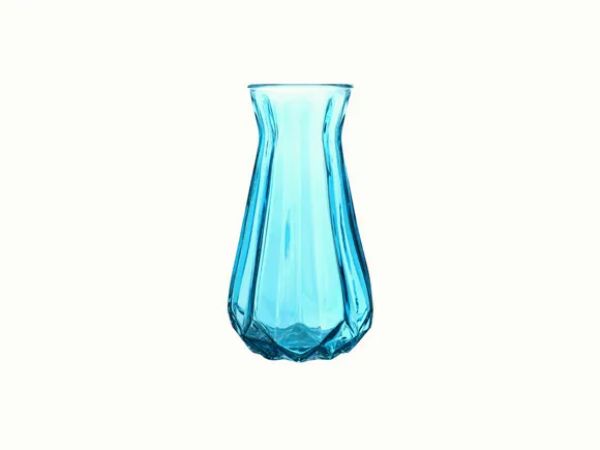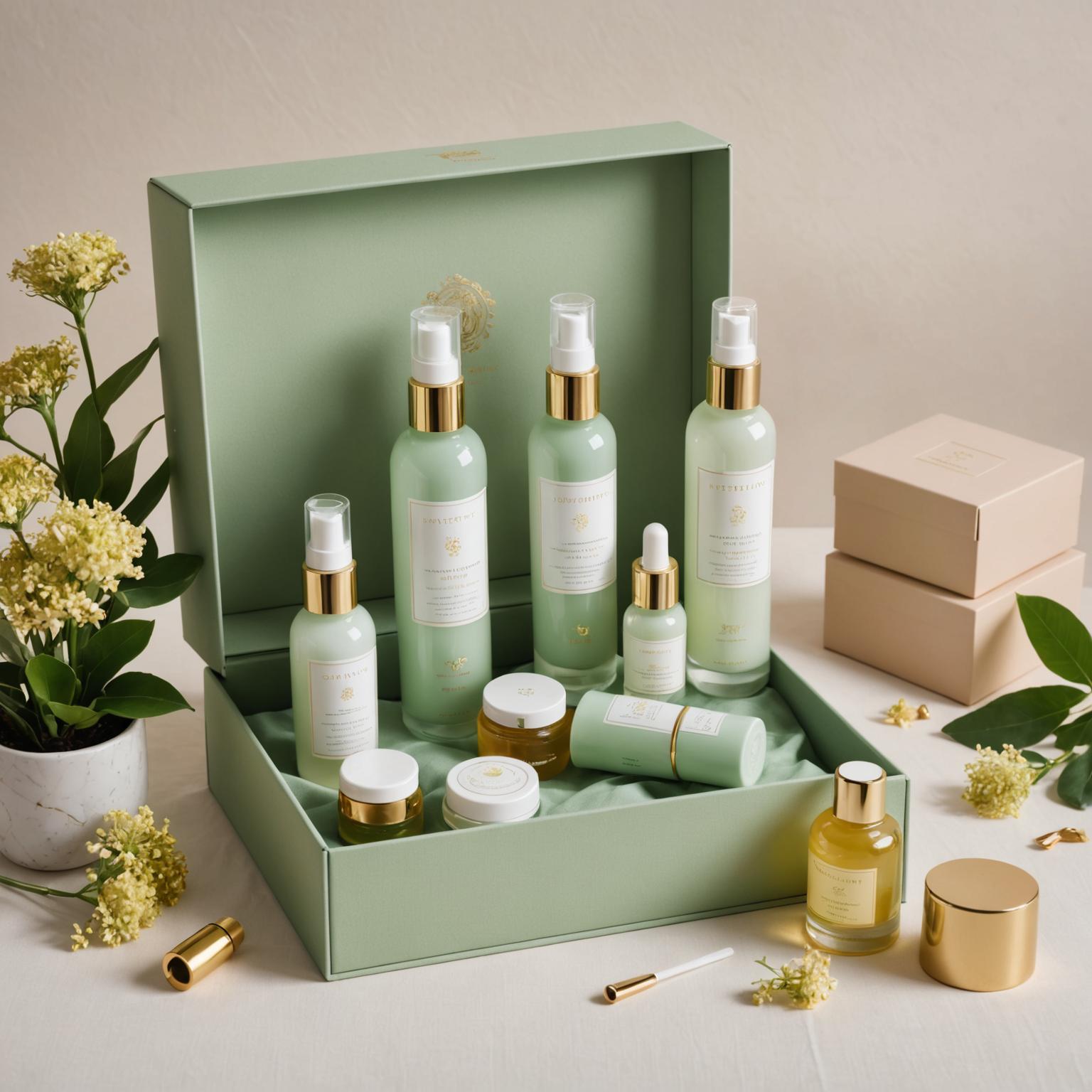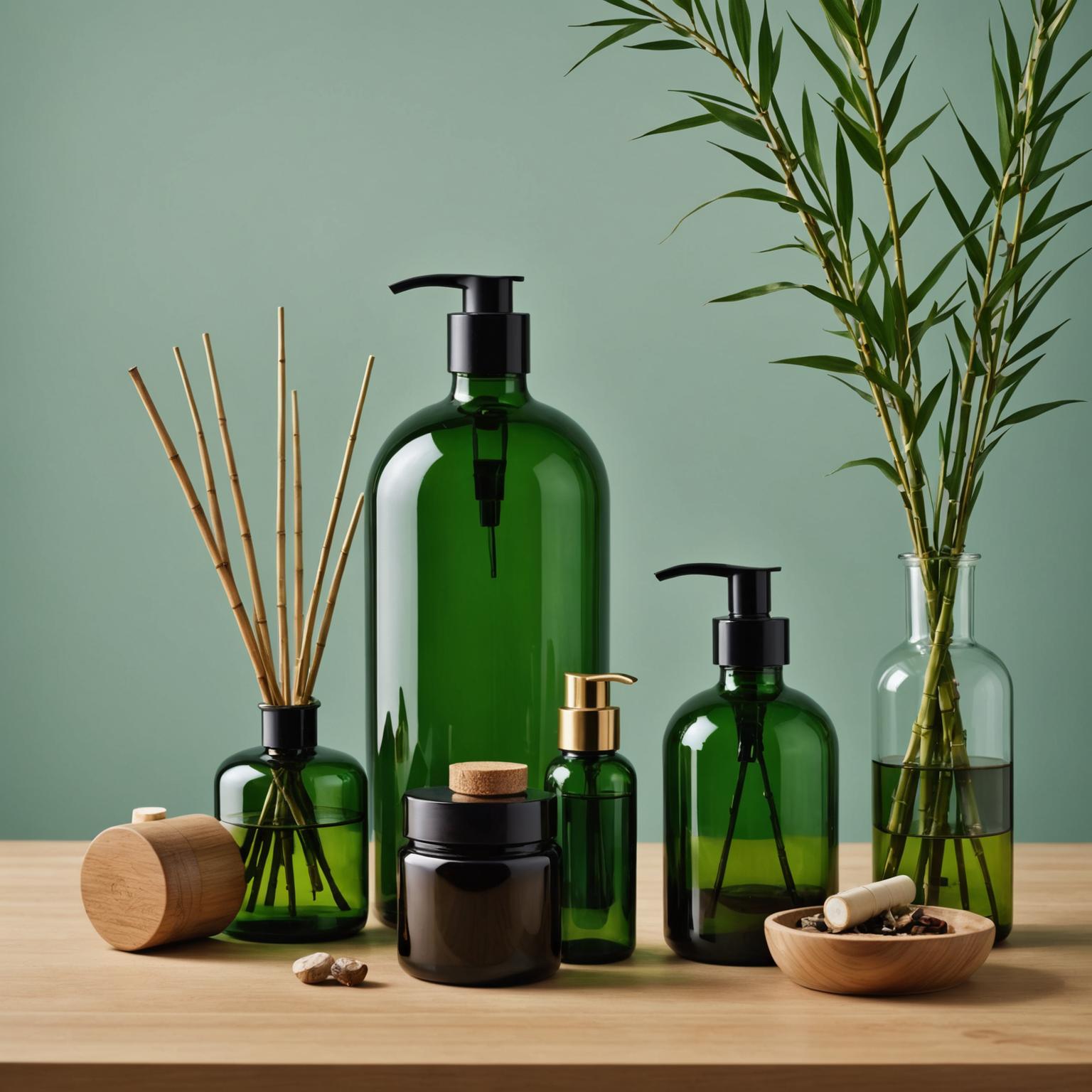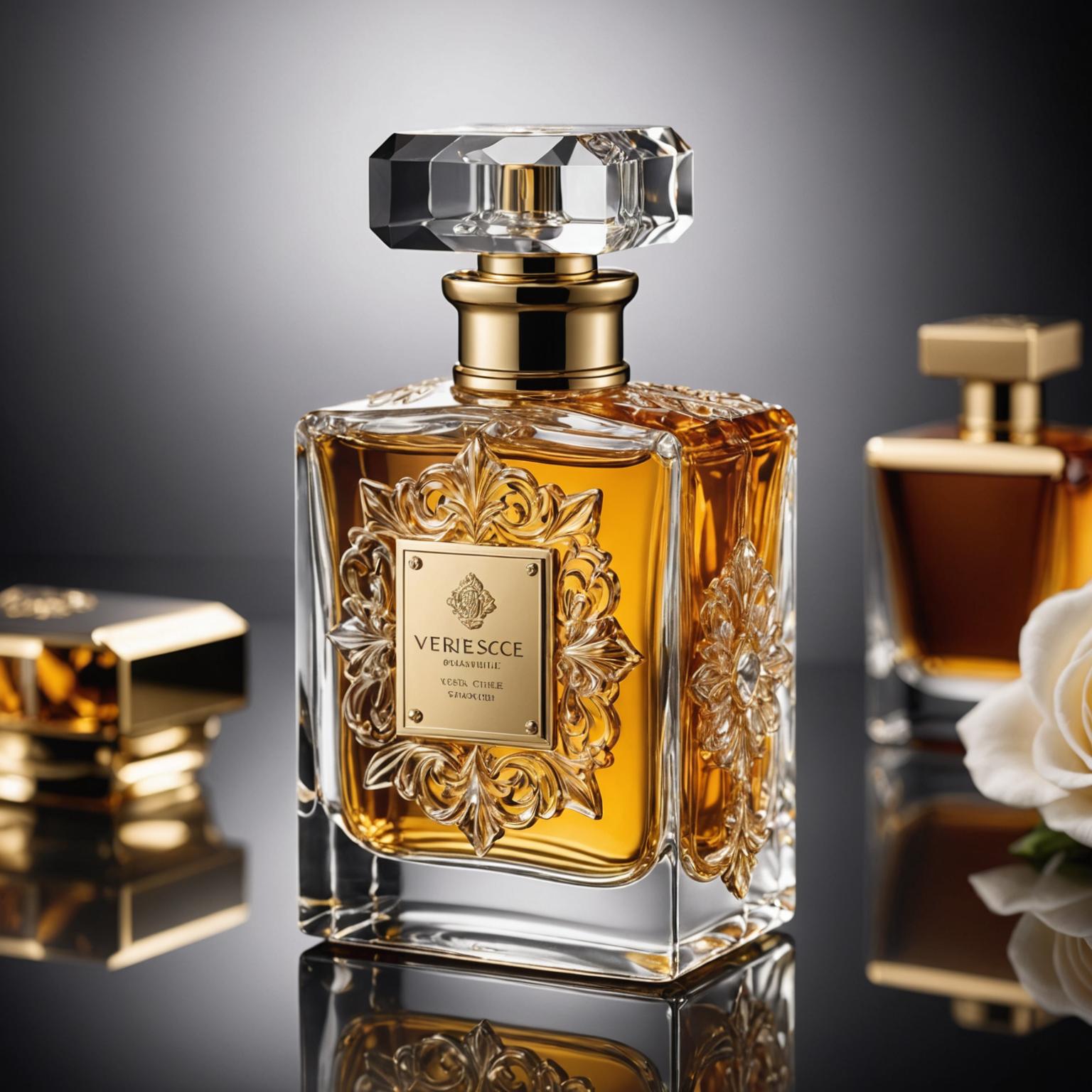Choosing the wrong container for your oils can lead to faster oxidation, flavor degradation, or even safety hazards. Don't let your premium oils go to waste.
Glass, especially dark amber glass, is the best material for storing oils—thanks to its chemical stability, UV protection, and ability to preserve quality over time.
In this blog, I’ll walk you through how to choose the ideal oil container for your brand or business—especially if you're in the beauty, wellness, or health industry.
What container should I put oil in?
Plastic is light and cheap, but glass preserves quality and safety. Confused? You're not alone.
Glass containers, particularly amber or cobalt blue ones, are ideal for storing oils due to their non-reactive nature and superior light-blocking properties.
Dive Deeper: Why Glass Wins for Oil Storage
Let’s break it down with a comparison of material types used in oil packaging:
| Material | Light Protection | Reactivity | Reusability | Aesthetic Value | Notes |
|---|---|---|---|---|---|
| Amber Glass | Excellent | Non-reactive | High | Premium feel | Ideal for essential oils |
| Cobalt Glass | Good | Non-reactive | High | Luxurious look | Often used for specialty oils |
| Clear Glass | Poor | Non-reactive | High | Transparent | Requires outer packaging for UV protection |
| PET Plastic | Poor | Low-moderate | Moderate | Cost-effective | Lightweight but not fully inert |
| HDPE Plastic | Poor | Low | Low | Industrial feel | Suitable for short-term storage only |
| Aluminum | Excellent | May react | High | Industrial luxe | Needs food-grade lining |
Glass doesn’t leach chemicals into the oil, which is critical especially for high-purity oils like essential or therapeutic-grade ones. At PauPack, we offer a wide range of glass bottle shapes—dropper, roller, spray, and pump—designed to meet both aesthetic and functional requirements.
Is it better to store oil in glass or plastic?
Many new businesses go with plastic for the cost savings—but end up paying more when oils degrade.
Glass is better for oil storage than plastic due to its inert properties and protection against light and air exposure.
Dive Deeper: Plastic vs. Glass – What Are You Risking?
-
Plastic may degrade over time, especially with essential oils that can break down polymers.
-
Leaching risks: Some plastics may leach BPA or phthalates, especially when exposed to heat.
-
Brand perception: Glass packaging often aligns better with a premium or eco-conscious brand image.
-
Shelf-life impact: Oils stored in glass retain potency longer, meaning happier customers and fewer product complaints.
At PauPack, we provide sustainable glass bottles that support your eco-label claims. Whether you're launching a clean beauty serum or aromatherapy blend, we offer MOQ flexibility so you can test glass without overstock risk.
Which container is best for oil?
You’ve got hundreds of bottle shapes and materials to choose from. But which works best?
For most oils—especially essential, carrier, or culinary—amber glass bottles with tight-sealing droppers or pumps are best for extending shelf life and maintaining purity.
Dive Deeper: Matching Bottle Type to Oil Type
| Oil Type | Recommended Container | Reason |
|---|---|---|
| Essential oils | Amber glass dropper or roller | UV protection, precision dispensing |
| Carrier oils (e.g. jojoba) | Cobalt or amber glass pump | Minimizes exposure, easy application |
| Culinary oils (e.g. olive) | Dark glass pour bottle | Preserves flavor, slows oxidation |
| Room sprays/aroma blends | Glass spray bottle | Prevents reaction, provides fine mist |
We design our packaging solutions at PauPack around real use cases—whether your oil is part of a luxury line or an everyday essential.
What is the best bottle to store essential oils in?
A lot of startups make the mistake of choosing clear or decorative bottles that hurt oil quality.
Amber glass bottles with tight-fitting dropper caps are the gold standard for essential oils.
Dive Deeper: Why Amber Dropper Bottles Work Best
-
Blocks UV rays: Prevents degradation of volatile compounds.
-
Non-porous and inert: Keeps the oil stable and uncontaminated.
-
Controlled dispensing: Droppers provide precision for aromatherapy or topical use.
-
Brand alignment: Signals quality and care, boosting customer trust.
Our essential oil bottles are available in 5ml to 100ml capacities. With OEM/ODM services, we help beauty brands craft bottles that reflect their identity while ensuring functional excellence.
What holds essential oils the longest?
Even the best oils degrade if your container can’t protect them.
Amber or cobalt glass with an airtight cap holds essential oils the longest by minimizing light, air, and temperature impacts.
Dive Deeper: Storage Factors That Extend Oil Life
-
Material: Inert, non-reactive glass is essential.
-
Seal integrity: Air leakage accelerates oxidation.
-
Cap design: Euro dropper inserts, tamper-proof seals, and orifice reducers help.
-
Storage conditions: Cool, dry, and dark areas further boost shelf life.
At PauPack, we don't just sell bottles—we engineer oil protection. Our bottles are ISO and FDA certified, ensuring your oils stay stable from warehouse to customer.
Why use dark bottles for essential oils?
You might think it's just a branding choice. It’s not.
Dark bottles like amber or cobalt block UV light, which can otherwise break down essential oil compounds and reduce efficacy.
Dive Deeper: The Science Behind Dark Bottles
-
UV radiation can oxidize key aromatherapeutic ingredients.
-
Color matters: Amber blocks around 95% of UV rays; cobalt around 85%.
-
Visible protection: Dark bottles signal safety and care to buyers.
Many of our clients choose amber over clear for just this reason. Whether you're launching a new oil blend or scaling up your line, PauPack offers the right bottle in the right tint—with your brand’s name printed on it.
Conclusion
Choosing the right oil bottle is more than just aesthetics—it’s a commitment to quality, safety, and brand credibility. Glass wins every time.




